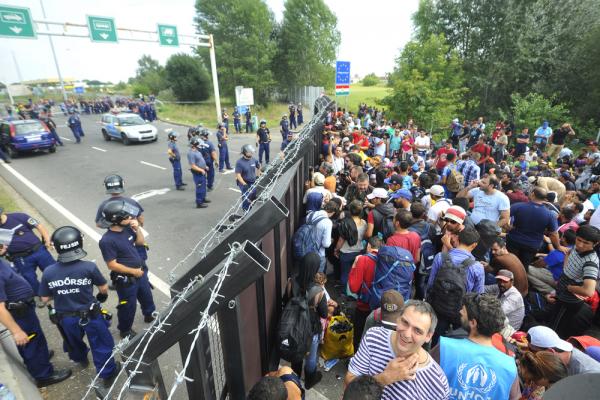Feb 8, 2017
Refugees threaten to reduce us to a holy nothing. In so doing, they free us from our own selfish pursuits. And that is scary.
Read the Full Article

Already a subscriber? Login

Refugees threaten to reduce us to a holy nothing. In so doing, they free us from our own selfish pursuits. And that is scary.
